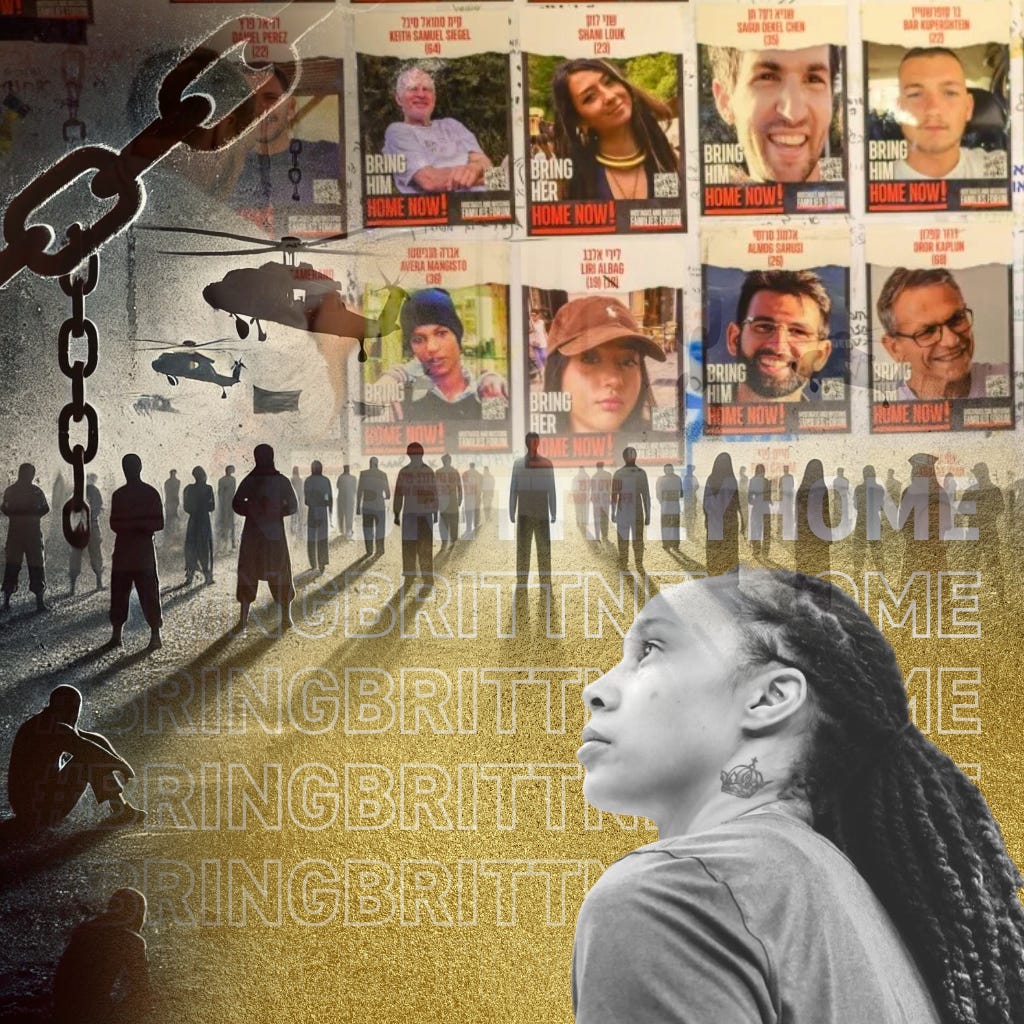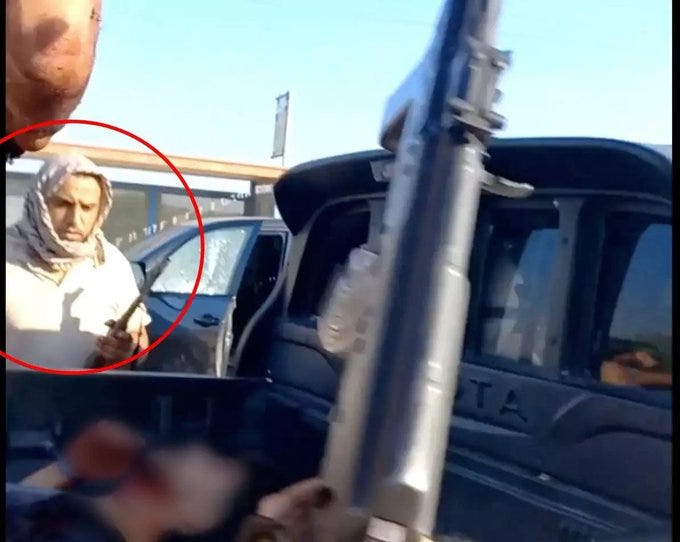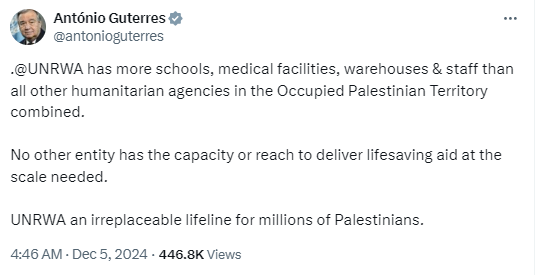Two Years After Griner’s Release: A World Silent on Hamas’s Hostages and Complicit in Hypocrisy
How the global outcry for one high-profile case contrasts with the deafening silence for over 100 hostages, including U.S. Citizens, held in brutal captivity by Hamas.
On December 8, 2022, Brittney Griner was released from a Russian prison after ten months of relentless media coverage and public outcry. Her detention on February 17, 2022, over alleged drug smuggling was widely perceived as politically motivated amidst U.S.-Russia tensions. The Biden administration’s controversial prisoner swap, trading Griner for notorious arms dealer Viktor Bout, sparked debate but showcased the power of unified advocacy. Americans knew her name, her story, and the significance of her release.
October 7: The Forgotten Hostages
Contrast this with today, December 8, 2024. Seven U.S. citizens are among over 100 hostages still held captive by Hamas after the brutal attacks on October 7, 2023. The details of their plight, their names, and even their faces remain largely unknown to the public. Unlike Griner’s case, there has been no comparable rallying cry, no constant media coverage, and little evident urgency from the administration to secure their release.
The October 7th attacks were more than acts of terror—they were marked by unspeakable brutality. Hersh Polin-Goldberg, a dual U.S.-Israeli citizen, was kidnapped by Hamas forces led by Muhammad Abu Atiwi, a commander and UNRWA employee. The involvement of Abu Atiwi—a representative of an agency funded under the guise of humanitarian aid—exemplifies the deep complicity of international systems in perpetuating violence.
Among the hostages are babies, children, and the elderly, who have been subjected to over 14 months of unimaginable conditions, including starvation and neglect. On November 30, 2024, Polin-Goldberg and five others were executed, their emaciated bodies serving as grim evidence of Hamas's cruelty.
The UN’s Shameful Priorities
Despite these atrocities, international attention remains fixed on protecting UNRWA, not the hostages. Governments and global institutions that claim to uphold human rights continue to defend an agency deeply implicated in facilitating terror. UNRWA has a long history of ties to Hamas, a designated terrorist organization, including employing individuals linked to terrorism and fostering the indoctrination of children through materials that glorify violence and martyrdom.
The use of UN facilities by Hamas for military purposes, including the storage of weapons and launching of attacks, further highlights the agency's troubling entanglement with terrorism. Instead of demanding accountability or pressuring Hamas to release over 100 hostages from 29 nations, the UN actively condemns Israel’s rescue efforts, casting Israel’s self-defense actions as aggressions while ignoring the brutal captivity of innocent civilians.
This shameful hypocrisy not only abandons the hostages—including American citizens—but also erodes trust in international systems purportedly committed to justice and peace. Prioritizing the preservation of an agency entangled in terror over the lives of innocent captives is a stain on the global conscience.
The stark contrast between the global response to Brittney Griner’s detention and the indifference toward Hamas’s hostages reveals a troubling inconsistency. Griner’s release, celebrated as a triumph of advocacy and diplomacy, proved the impact of collective action. Today, over 100 hostages, including seven U.S. citizens, languish in captivity with no such concerted effort to secure their freedom.
Two years after Griner’s release, we are faced with a haunting question: why is the same energy, determination, and moral outrage missing for the hostages of Hamas? The failure to act is not just a stain on the Biden administration but a profound betrayal of our shared humanity. It is time for the world to demand justice—not just for the hostages, but for the principles we claim to uphold.







Not finished—Isaiah 1:17—Re-educate ourselves to be sensitive to the needs of the neglected, the unattended, the forgotten by society. “Learn to do good. Try to find justice. Correct the state of the neglected. Defend the orphans. PLEAD for the widows.”